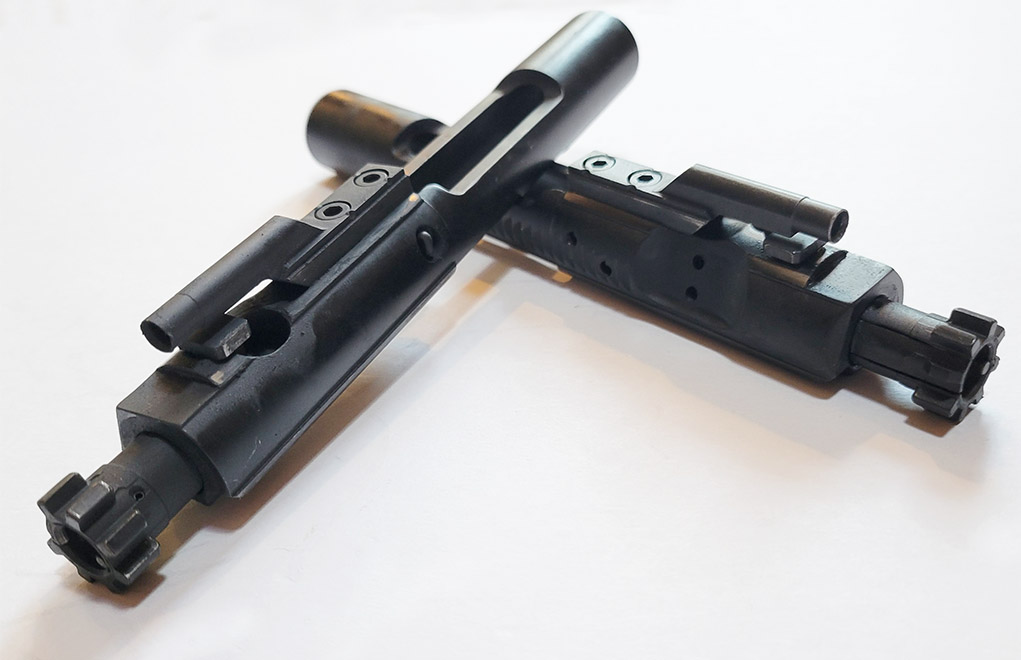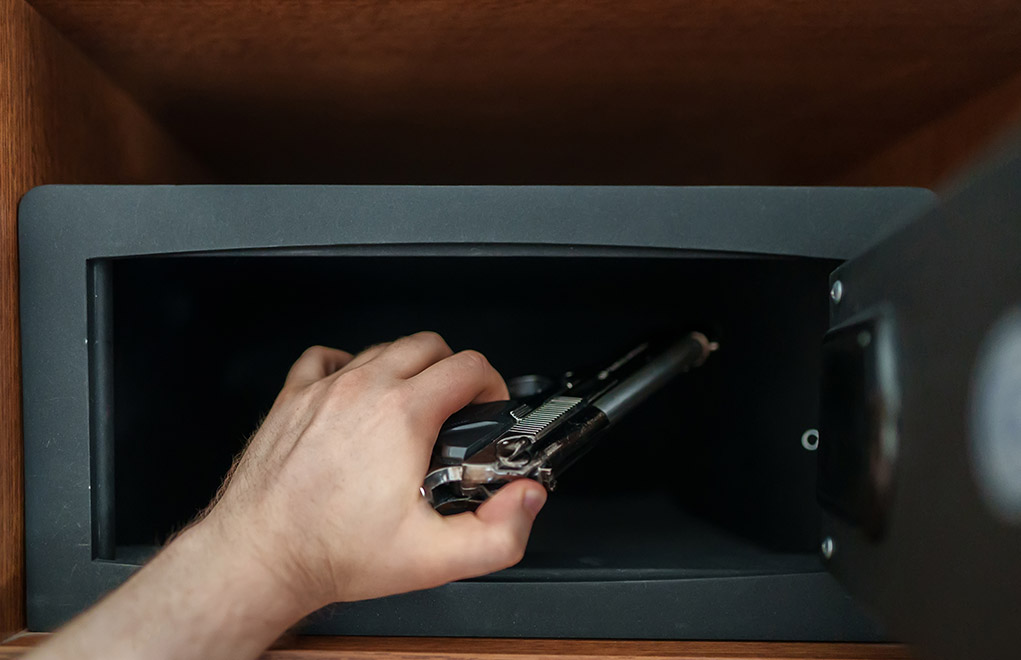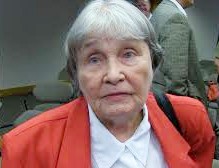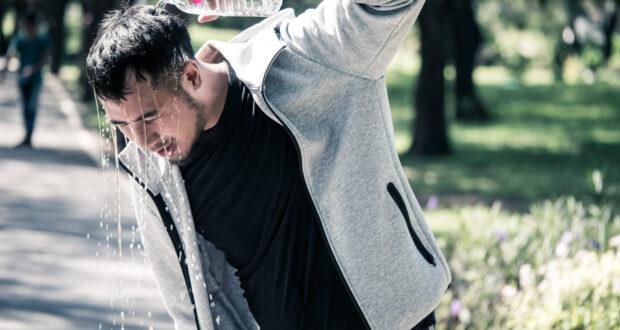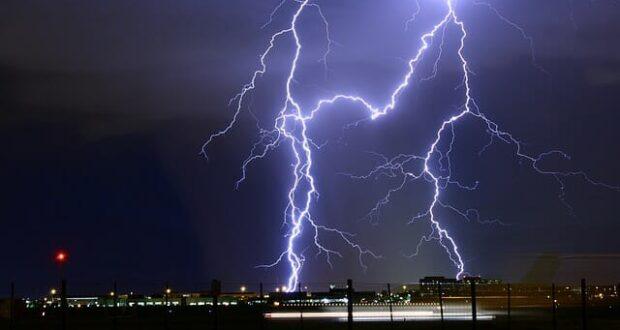The U.S. Supreme Court will listen to arguments Wednesday on a challenge to New York state laws governing the concealed carry of handguns – a case that originated in the Capital Region five years ago.
New York outlaws concealed-carry of licensed handguns outside the home. Lawful gun owners can receive permission from State Police or judges to carry guns to hunt, shoot at target ranges or, if they can show a heightened need for self-defense, for personal protection.
On Wednesday, attorneys for the New York State Rifle & Pistol Association and Rensselaer County residents Robert Nash and Brandon Koch will square off against lawyers representing State Police Superintendent Keith Corlett and state Supreme Court Justice Richard McNally. The Supreme Court, which has received dozens of briefs from outside states, cities and advocates offering their views on the potential landmark case, allotted an hour and 10 minutes to listen to arguments.
“There’s a real potential for the court to overturn New York’s law,” Eric Ruben, an expert on the Second Amendment and assistant law professor at Southern Methodist University (SMU) Dedman School of Law in Dallas, told Law Beat.
Ruben, a native of Saratoga Springs and fellow at the Brennan Center for Justice at NYU School of Law, said it was impossible to know how the Supreme Court will rule before its decision is rendered next June. Should the Supreme Court overturn New York’s existing permit law on concealed-carry of handguns, Ruben said he would be surprised if the decision terminated the need for a concealed-carry permit altogether. It was more likely, he said, that justices would find it was unconstitutional to limit concealed-carry permits to only those gun owners who have a special need for protection.
“In other words, what could happen is you still need a permit to carry a concealed handgun in New York…but that the local judge in the case of upstate New York has no discretion to deny a permit on the basis of failure to show a some heightened self-defense need,” Ruben said. He said the law could still require background checks, registration fees and shooting training hours.
“The upshot is it would be a lot easier — a lot easier — to get a concealed-carry permit,” Ruben said. “What you would be able to expect would be a lot more people lawfully carrying handguns in places like Albany and Saratoga and other (places).”
In 2016, McNally, the licensing officer for Rensselaer County, rejected concealed-carry permits to Koch and Nash for self-protection. The men and gun association sued the judge and State Police in federal court in New York’s Northern District arguing that their Second Amendment rights were violated. In December 2018, U.S. District Judge Brenda Sannes dismissed the case. Nash, Koch and the Rifle & Pistol Association appealed to the U.S. Court of Appeals for the Second Circuit in Manhattan ,which upheld Sannes’ decision.
In April, the Supreme Court agreed to hear the appeal of that decision — a rarity given the nine-member court receives more than 7,000 requests to hear cases a year. It agrees to listen to only 100 to 150.
The court includes Chief Justice John Roberts and Justices Clarence Thomas, Stephen Breyer, Samuel Alito , Sonia Sotomayor, Elena Kagan, Neil Gorsuch, Brett Kavanaugh and Amy Coney Barrett. Three of those (Gorsuch, Kavanaugh and Barrett) are recent conservative-minded appointees of former President Donald Trump whose votes will be key.
In 2008, the late Justice Antonin Scalia penned a 5-4 Supreme Court ruling (in the case of District of Columbia v. Heller) which loosened strict gun control laws in Washington D.C. In that decision, the Supreme Court determined there was a constitutional right to own a gun at home for personal protection. In 2010, in another 5-4 ruling (McDonald vs. Chicago) the Supreme Court ruled that the same protections for gun owners at the federal level extended to states and localities.
On Wednesday, Paul D. Clement, who served as U.S. solicitor general under President George W. Bush, will argue on behalf of Koch, Nash and the gun association, which is a subsidiary of the National Rifle Association. The state’s solicitor general, Barbara Underwood, who briefly served as New York’s attorney general, will argue on behalf of the State Police. Brian H. Fletcher, principal deputy solicitor general for the U.S. Department of Justice who supports Underwood, is also expected to speak.
Clement will receive 35 minutes. Underwood gets 20 minutes to respond. Fletcher then gets 15 minutes.
Lawyers for nearly two dozen states filed briefs supporting the NRA-backed defendants, including Arizona, Alabama, Alaska, Arkansas, Florida, Georgia, Idaho, Indiana, Kansas, Kentucky, Louisiana, Mississippi, Missouri, Montana, Nebraska, North Dakota, Ohio, Oklahoma, South Carolina, South Dakota, Texas, Utah, and West Virginia. That was in addition to scores of mostly conservative-leaning lawmakers and gun groups.
Briefs supporting the State Police and McNally were filed by lawyers representing the United States and the states of California, Connecticut, Delaware, Illinois, Maine, Maryland, Massachusetts, Michigan, Minnesota, New Jersey, New Mexico. Oregon, Pennsylvania, Rhode Island, Vermont, Virginia, Washington, Wisconsin, as well as the cities of Washington D.C., New York City, Los Angeles, San Diego, San Francisco, Chicago, Baltimore, Cincinnati, Columbus, Dayton. Philadelphia, Seattle, St. Paul and Portland, Ore.. They were joined by several organizations whose missions are to oppose violence.


